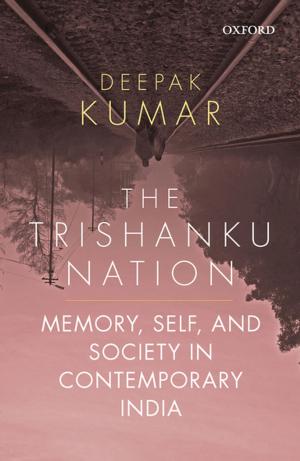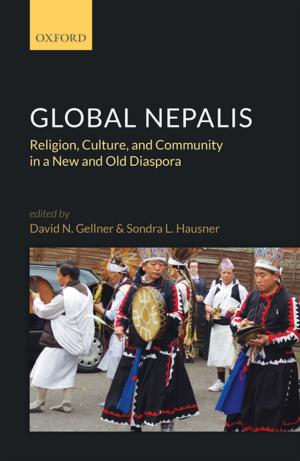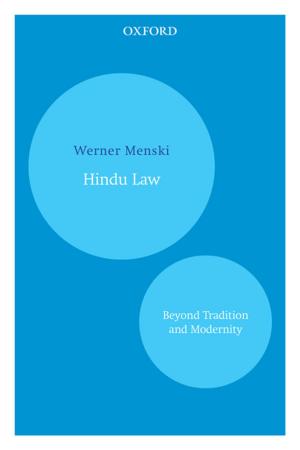Islam in the West
Perceptions and Reactions
Nonfiction, Social & Cultural Studies, Social Science, Sociology, Religion & Spirituality| Author: | ISBN: | 9780199093663 | |
| Publisher: | OUP India | Publication: | August 28, 2018 |
| Imprint: | OUP India | Language: | English |
| Author: | |
| ISBN: | 9780199093663 |
| Publisher: | OUP India |
| Publication: | August 28, 2018 |
| Imprint: | OUP India |
| Language: | English |
The bombings in New York and Washington in 2001 and subsequent terrorist attacks in different countries of the West have led to fast changing socio-cultural and political contexts where Islam has been depicted as a global threat. The meaning of being a Muslim has undergone rapid transformation with the interplay of perceptions and misperceptions impacted by, for instance, the Iranian Revolution of 1978–9, the Lockerbie bombing in 1988, the Gulf War of 1990–1, and the clash of civilizations thesis propagated by Samuel Huntington in 1993. This book examines the way Muslims and mainstream societies in the West perceive each other by taking into account themes like cultural pluralism, media, religious education, interfaith dialogue, and so on. It argues that Muslims are not defined solely by their faith but as an emerging group which is self-critical, reflective, and focused on clearing the misconceptions associated with their identity. Further, it posits that Westerners who are more knowledgeable about Muslims usually express positive opinions about Islam, thereby arguing that the knowledge about and attitudes towards Islam are interrelated.
The bombings in New York and Washington in 2001 and subsequent terrorist attacks in different countries of the West have led to fast changing socio-cultural and political contexts where Islam has been depicted as a global threat. The meaning of being a Muslim has undergone rapid transformation with the interplay of perceptions and misperceptions impacted by, for instance, the Iranian Revolution of 1978–9, the Lockerbie bombing in 1988, the Gulf War of 1990–1, and the clash of civilizations thesis propagated by Samuel Huntington in 1993. This book examines the way Muslims and mainstream societies in the West perceive each other by taking into account themes like cultural pluralism, media, religious education, interfaith dialogue, and so on. It argues that Muslims are not defined solely by their faith but as an emerging group which is self-critical, reflective, and focused on clearing the misconceptions associated with their identity. Further, it posits that Westerners who are more knowledgeable about Muslims usually express positive opinions about Islam, thereby arguing that the knowledge about and attitudes towards Islam are interrelated.















